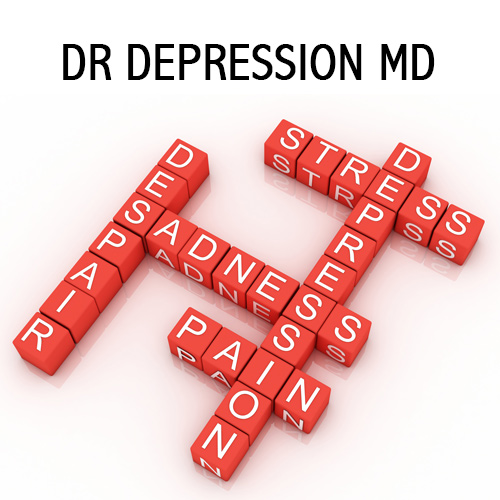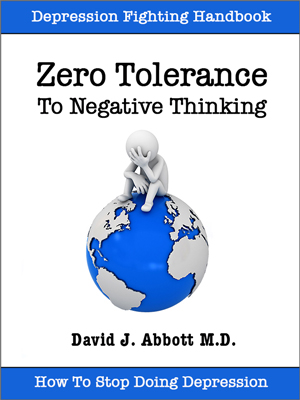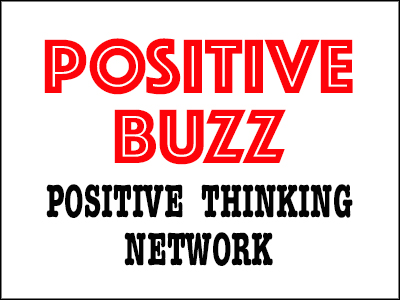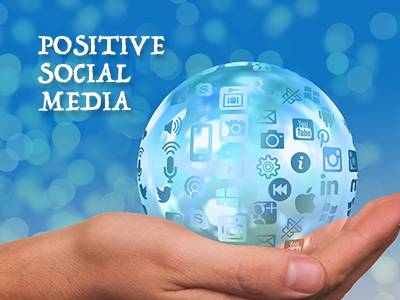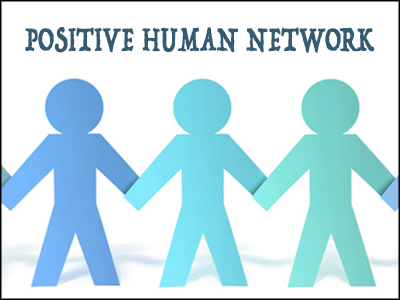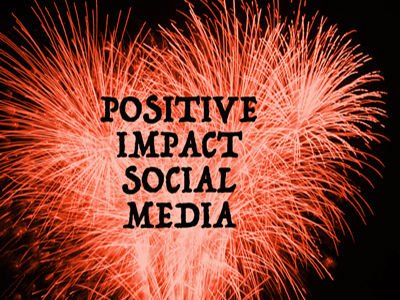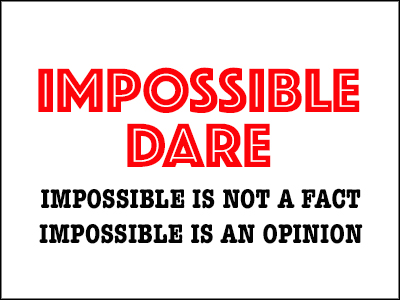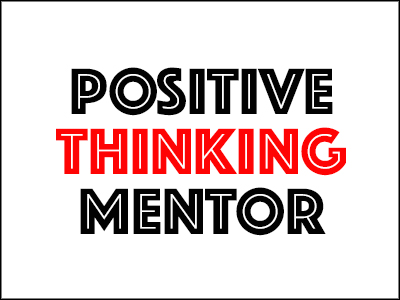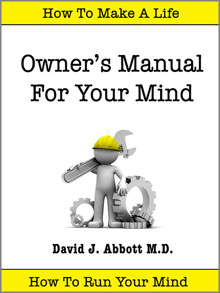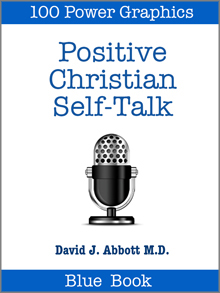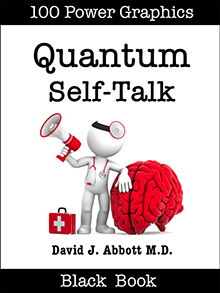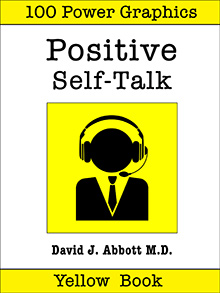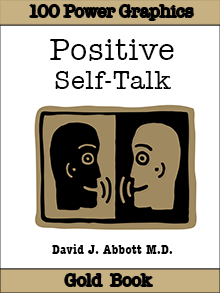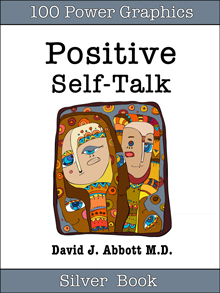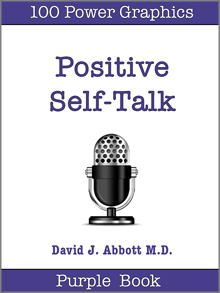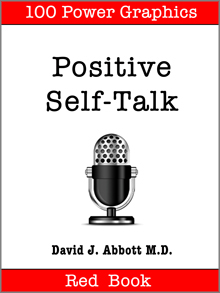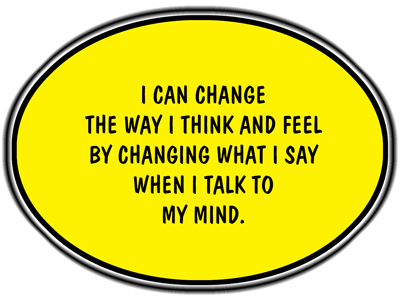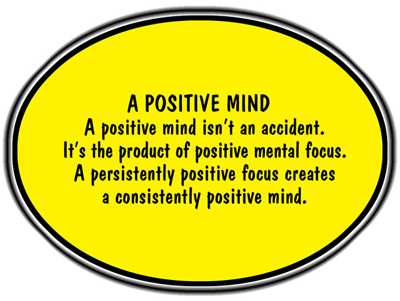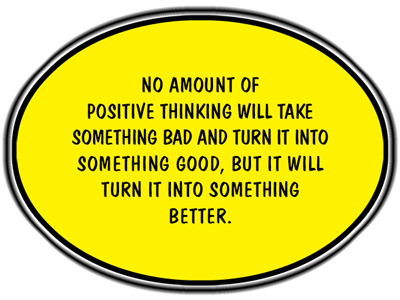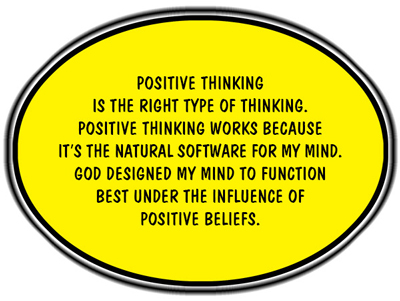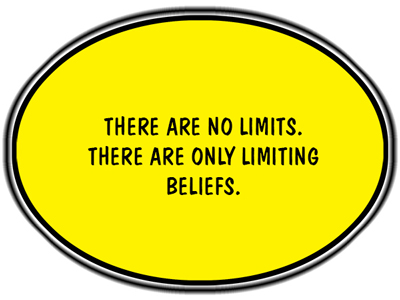Yes, People Can Change
Probably the most important medical question that I have asked myself and my colleages is, "Can People Change?"
A physician who I respect once asked me why I was writing books on depression, positive motivation, positive self-talk, and positive spirituality. She said that people never change, and that I was wasting my time. Her dismal assessment of human potential for change haunted me for many years. I have to admit that more than a few times, I have asked myself the same question. I now know that change is not only possible, it is probable when people change their expectations about who they are and what they can do with their lives.The hard part is changing their expectations.
Although my medical specialty is ophthalmic surgery, my real specialty is changing people's expectations. I take people with low expectations or no expectations, and I turn them into people with positive expectations. I get them to start believing in themselves. I teach them that they don't get what they want, they get what they expect. When people change their expectations, they become new people with a new life.
Expectations are not optional. Your expectations are either positive or negative, and the choice you make determines your destiny. I have seen depressed people turn into positive people when their expectations changed. I have seen alcoholics become sober when their expectations changed. I have seen meth and cocaine addicts escape their addictions when their expectations changed.
When I was in medical school, I rotated for six months on psychiatry in a large inner city hospital. I had no prior experience evaluating and treating patients with major mental disorders, and I was eager to see what could be done to alleviate and cure mental problems. I discovered that powerful drugs could control the symptoms of illness, but cure was rare. Most of our patients experienced signifcant improvement as long as they took their medications, but if they stopped using them, their condition relapsed, and they went back to square zero. Those patients required drugs to control their illness for the rest of their lives.
But not all patients required perpetual treatment with medications. Some people responded to the power of positive expectations. These people got better when they believed that they were going to get better. Changing their expectations was the key to improvement. It didn't matter whether they talked to a friend, a pastor, a counselor, or a psychiatrist, when they believed that they were going to get better, they improved by leaps and bounds. A liberal dose of positive expectations was just what the doctor ordered. Positive expectations worked miracles.
I am not saying that positive thinking cures mental illness. I am saying that when you change a persons expectations about their mental health, big changes start to happen.
Not all people respond to the power of positive expectations, but enough of them do respond that it is worth giving them a try.
I wrote Zero Tolerance to Negative Thinking because I want to change people's expectations about depressive illness. Just because they had a problem with depression in the past does not mean that it will be a problem for the rest of their life. They have the power to change.
The single most important lesson that I have learned in the past fifty years is that you don't get what you want. You get what you expect. Positive expectations really do make a difference. If you have a problem with depression, it's time to get some new expectations. It's time to expect that you will get better.
Most important of all, you need to be evaluated and treated by a qualified professional who can give you advice about the best way to treat your depression.
If you want to learn more about how to stop doing depression and how to develop positive expectations, you can read Zero Tolerance to Negative Thinking. And if you want to learn how a positive spirituality can help you develop a healthy heart and mind, read Real Power: Maxing Out on God's Love.
